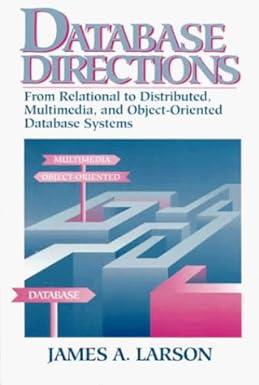Java Programming



Question 1 0.1 pts While every recursive method has a recursive case, not every recursive method will have a base case. O True O False Question 2 0.1 pts Which of the following represent good uses for recursion, rather than iterative approaches? O Towers of Hanoi Fibonacci sequence Traveling problems Factorial sequence Folder crawlers O Fractals In a menu display/handling method, to re-display the menu Question 3 0.1 pts For a specific problem, if you can think of two straightforward code solutions, one using iteration, and one using recursion, you should typically go with the recursive approach. True O False Question 4 0.1 pts Backtracking in a recursive solution is implemented using the backtrack keyword. O True O False Question 5 0.1 pts Which of these concepts is typically not associated with linked lists? O node class front node reference O private node data traversing n Question 6 0.1 pts Memory allocation associated with adding to a linked list is less likely to fail than memory allocation associated with adding a new item to an array list. O True O False Question 7 0.1 pts Which of these should be taken into consideration when testing linked-list code? O empty list "interesting" thing at the beginning "interesting" thing at the end "interesting" thing in the middle list is full Question 8 0.1 pts Neither arrays (and typical array algorithms) nor linked lists (and typical linked-list algorithms) use a significant amount of computer stack memory. O True O False Question 9 0.1 pts Assume no "dummy" nodes are being used. Assume we have a node reference called front. Assume nodes of type Node. Assume the list is not empty. Which of these correctly implements the addAt Front method, which is declared as follows: public void addAtFront(int value) {...} Node newNode = new Node(value); front = newNode; Node newNode = new Node(value); newNode.next = front; front = newNode; o front = new Node(value); O front = value; n Question 10 0.1 pts Select all the correct statements about doubly linked lists (vs. singly linked lists). They typically have a "tail" or "end" reference as well as a "head" or "front" reference. The "I went too far" problem is less of a consideration, as you can navigate backwards with ease. It is not possible to "lose" parts of the list. They have a "prev" reference in addition to the "next" reference. Because of the additional references being stored, maintained, you will need two temporary variables when you add new nodes. o When writing test cases, we need to keep in mind the "end" reference as a special case









